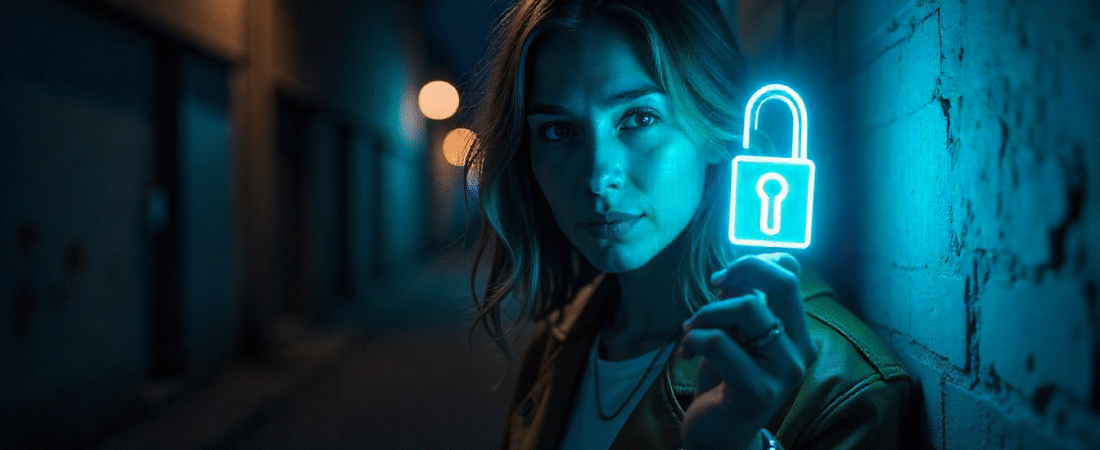Introduction
The digital entertainment world is changing fast, creating new challenges in copyright in Shorts and Dramabites. With YouTube Shorts, Instagram Reels, TikTok videos, and “dramabites” (short clips from dramas and films), audiences now consume stories in bite-sized, shareable snippets. Consequently, studios, creators, and platforms face questions about ownership, enforcement, and monetization.
Copyright Challenges in Shorts and Dramabites
The main conflict arises between first uploaders and original rights holders.
- First Uploaders: Fan pages, influencers, or small creators who post clips quickly, sometimes before official accounts. As a result, they gain followers as algorithms reward speed.
- Rights Holders: Studios, broadcasters, and production companies legally own the drama, film, or series. Even if they post later, viral momentum often belongs to unofficial accounts.
Therefore, speed often outweighs ownership in perception, creating legal and strategic dilemmas.
Why Shorts and Dramabites Make Ownership Harder
Clipping Culture
Viewers engage with highlights rather than full episodes. Thus, a single emotional scene can spread widely in minutes.
Algorithmic Bias
Platforms like TikTok and YouTube reward speed and novelty over originality. Consequently, the first upload may reach millions before official sources can respond.
Unclear Edits
Some re-uploaders add commentary, captions, or reactions. This sparks debate: is it new content (fair use) or copyright infringement?
Viral Replication
Unlike full episodes, shorts can be copied endlessly. Enforcement becomes a continuous challenge for platforms and rights holders.
Real-World Approaches to Copyright in Shorts and Dramabites
Netflix and Copyright in Shorts and Dramabites
Netflix embraces viral clips with controlled strategies:
- “Moments” Clip-Sharing Tool (2024): Viewers share clips directly from the platform, each linking back to Netflix (Netflix) to drive viewers to full episodes.
- Short-Form Feed (2025): A TikTok-style vertical feed of official clips, curated by AI, keeps audiences in the Netflix ecosystem while catering to short-form habits.
As a result, virality becomes free marketing, turning potential conflicts into growth.
YouTube and Copyright in Shorts and Dramabites
YouTube extends its Content ID system to Shorts:
- Rights holders claim ad revenue from fan-uploaded clips.
- Platforms allow tracking, blocking, or monetization.
- Music rights holders benefit automatically from licensed tracks.
Thus, instead of punishing every re-uploader, YouTube creates a profitable ecosystem (learn more).
Implications for Stakeholders
- Studios & Rights Holders: Shorts can market content, but uncontrolled reposts reduce revenue. Therefore, official micro-content is essential.
- Platforms: Automated tagging and watermarking improve attribution. Revenue-sharing models may expand to TikTok and Instagram.
- Creators & Fans: Re-uploaders should follow clear guidelines to avoid infringement while sharing content legally.
Learn more about “OTT platform content strategies.”
A Path Forward
A hybrid strategy balances protection and engagement:
- Official Micro-Clips: Release short, shareable clips timed with episode or film drops.
- Automated Attribution: Watermarking and metadata credit official sources.
- Revenue Sharing: Fan uploads remain live with revenue redirected.
- Tiered Licensing: Influencers apply for legal clip-sharing licenses.
- Education: Platforms and rights holders educate creators about permissions.
- Future Tech (Blockchain) : Smart contracts verify ownership and automate monetization.
Conclusion
The copyright war in the era of Shorts and Dramabites is about control, perception, and value distribution.
- Rights holders want protection and revenue.
- Platforms want engagement.
- Creators want freedom and reach.
Collaboration, not conflict, is key. Netflix and YouTube show that protection can coexist with promotion. Those who adapt — balancing rights with reach — can turn copyright challenges into growth and innovation opportunities.
For more on the rise of short-form drama, see “Dramabites: The Future of Short-Form Drama.”

